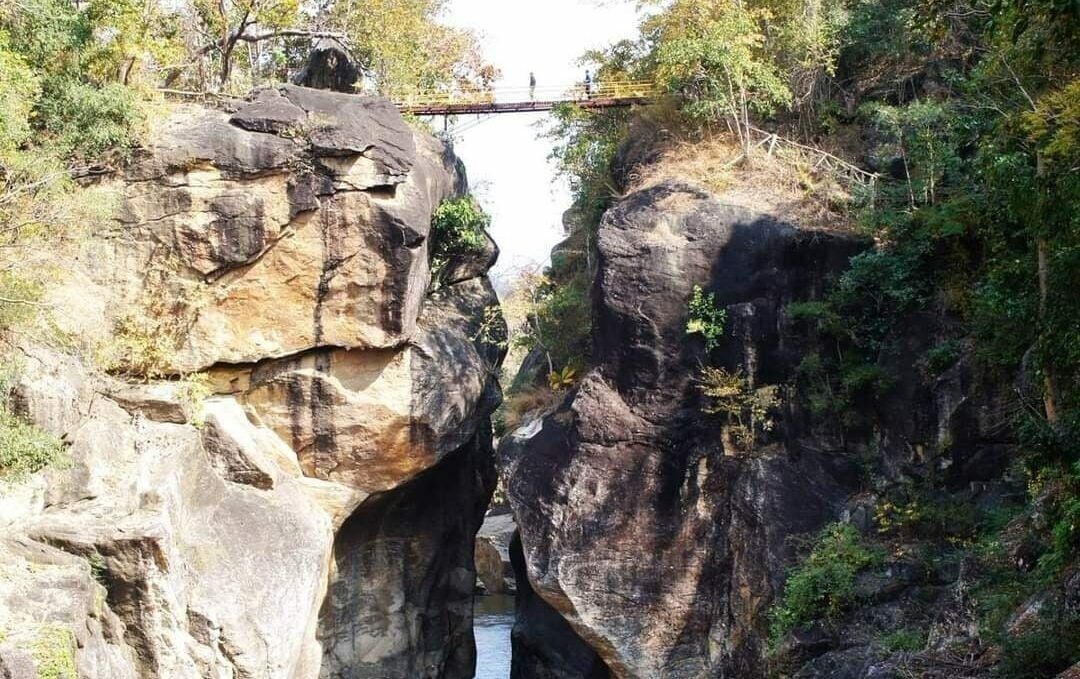Chiang Mai seeks public input on Mae Hod Reservoir project

The Department of National Parks (DNP) in Chiang Mai is gathering public opinions on revoking parts of Ob Luang National Park to construct the Mae Hod Reservoir, aimed at increasing water resources for farmers and reducing drought risks.
The Ob Luang National Park, situated in Chiang Mai, opened a forum for stakeholders and local communities to voice their opinions on the proposed revocation of certain areas within the park. This move is intended to facilitate the construction of the Mae Hod Reservoir, a project initiated by royal decree, to enhance water supply for agricultural purposes.
Gathering feedback from the community is a crucial step in the process, as highlighted by the Ministry of Natural Resources and Environment. The feedback will be considered in the proposal for the royal decree to revoke parts of Ob Luang National Park, in accordance with Section 8, Paragraph 3 of the National Park Act of 2019.
The Mae Hod Reservoir project, under the royal initiative, aims to address the recurring issue of water scarcity faced by local farmers. By storing water, the reservoir will support agricultural activities, ensuring a stable water supply even during drought seasons. This is expected to not only improve agricultural yields but also enhance the living standards and quality of life for residents in and around the project area.
A representative from the DNP stated that the construction of the Mae Hod Reservoir is a significant step towards securing a reliable water source for both agricultural and domestic use.
“This project will greatly benefit the local farmers who have long struggled with water shortages.”
The project is part of a broader strategy to mitigate the risks associated with water scarcity, particularly during dry seasons. By ensuring a stable water supply, the Mae Hod Reservoir is expected to foster better agricultural productivity, which in turn will lift the economic status of the local communities.
An official from the Ministry of Natural Resources and Environment commented that the input from the community is invaluable, reported KhaoSod.
“We want to ensure that the project aligns with the needs and expectations of those who will be directly affected by it.”
Latest Thailand News
Follow The Thaiger on Google News:


























